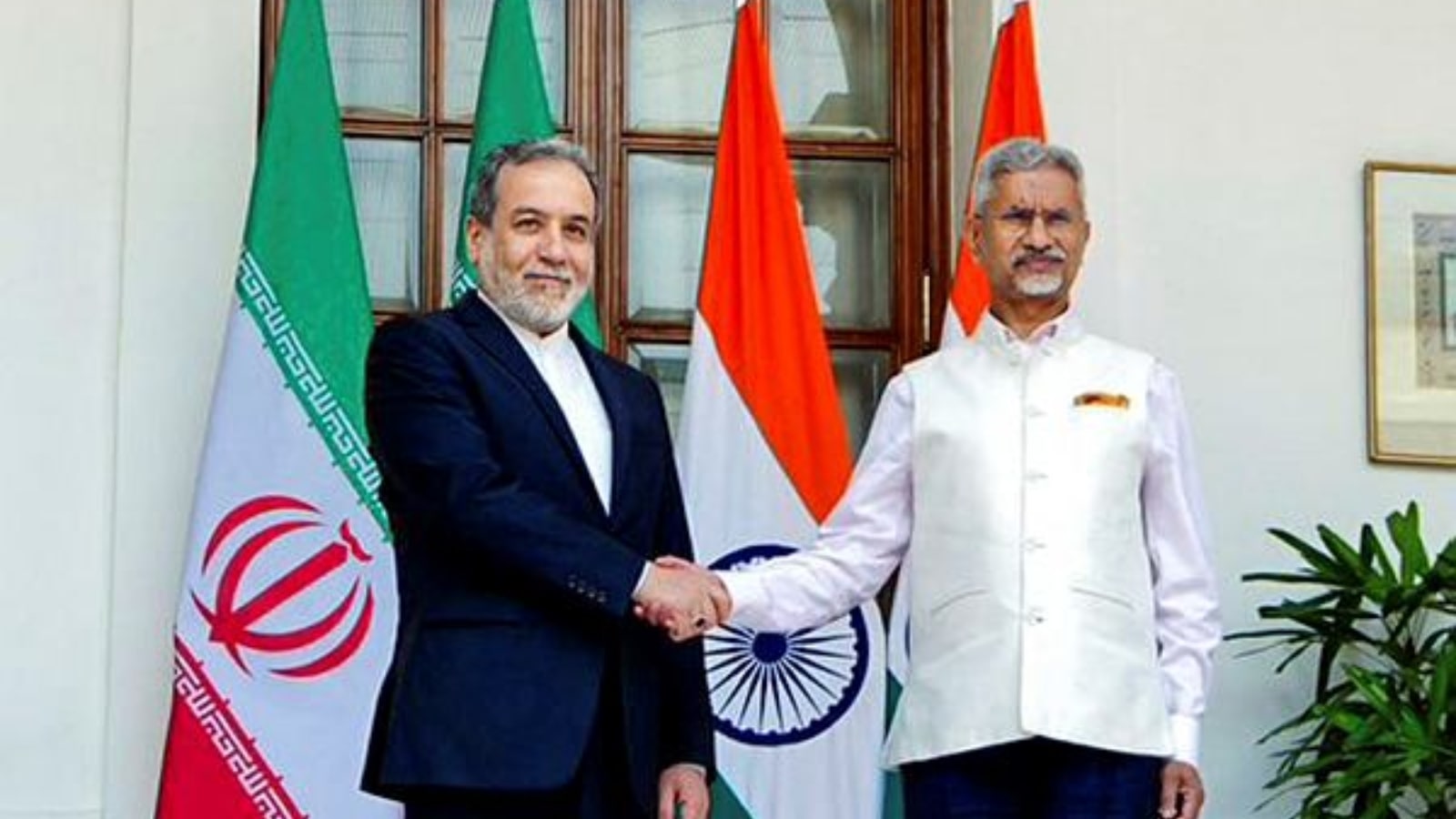As bilateral tension deepens between India and Pakistan, Saudi Arabia and Iran have taken the lead in diplomacy with India, while the US has offered to play a role if any help is needed. Riyadh and Tehran are the first to send their ministers after the May 7 strikes by India on terror targets in Pakistan.
Saudi Arabia’s Minister of State for Foreign Affairs Adel Aljubeir landed in India on an unannounced visit and held talks with External Affairs Minister S Jaishankar Thursday with a focus on de-escalating tensions between India and Pakistan.
At the same time, Iranian Foreign Minister Abbas Araghchi also landed in New Delhi around midnight last night on a scheduled visit.
Meeting Araghchi, Jaishankar said, “This attack compelled us to respond on May 7 by striking at the cross-border terrorist infrastructure. Our response was targeted and measured,” he said, referring to the Pahalgam terrorist attack and India’s military strike on nine terrorist locations in Pakistan and Pakistan-occupied Kashmir.
“It is not our intention to escalate the situation. However, if there are military attacks on us, there should be no doubt that it will be met with a very very firm response,” he said.
Araghchi, who had earlier extended his offer to mediate between the two countries, also met NSA Ajit Doval.
The meeting with Saudi Arabia is crucial since Riyadh has influence and leverage over Pakistan. In fact, Prime Minister Narendra Modi was in Jeddah when the Pahalgam terror attack took place on April 22.
Story continues below this ad
“A good meeting with @AdelAljubeir, Minister of State for Foreign Affairs of Saudi Arabia this morning,” Jaishankar said in a social media post.
“Shared India’s perspectives on firmly countering terrorism,” he said.
Foreign Secretary Vikram Misri recalled that India-Saudi joint statement also had a very strongly worded condemnation of the Pahalgam terror attack.
He said that there is a recognition of the “barbaric nature” and the “unprecedented character” of the attack and a “recognition of India’s right to respond to this.”
Story continues below this ad
Misri added that there was a “recognition of the fact that in responding, we have been nothing but responsible, and have done so in a restrained, in a measured manner…I think that counts for something. People have taken that into account, and that is what is explaining the kinds of reactions that we are seeing and we appreciate, the sentiments and the statements that have been made by the vast majority of world leaders.”
The Saudi visit is consequential, since he is the first visiting minister from a foreign country after the May 7 strike by India on Pakistan. In the past, Saudi has been in touch with both India and Pakistan.
Significantly, unlike in the past when ministers and leaders from the US and the West, would land up in India after tensions with Pakistan would escalate, this time it is the Arab country which has taken the lead.
Jaishankar told the visiting Iranian foreign minister that as a neighbour and close partner, it is important that Iran has a good understanding of the situation.
Story continues below this ad
Washington, too, is leaning in. US President Donald Trump said he wants India and Pakistan to “stop” what he described as “tit for tat” actions, saying if he can do anything to “help”, he will be there.
“Oh it’s so terrible. My position is I get along with both. I know both very well and I want to see them work it out. I want to see them stop and hopefully they can stop now. They have gone tit for tat, so hopefully they can stop now. I know both, we get along with both the countries very well.
“Good relationships with both and I want to see it stop. And If I can do anything to help, I will be there,” Trump said in response to a question on the “war” between India and Pakistan.
He was speaking on Wednesday in the Oval Office after the swearing-in ceremony of David Perdue as US Ambassador to China.
Story continues below this ad
Indian-American Republican leader Nikki Haley said Thursday that India had “every right” to retaliate and defend itself after the Pahalgam terror attack, asserting that Pakistan does not get to play the “victim”.
“Terrorists launched an attack that killed dozens of Indian citizens. India had every right to retaliate and defend itself. Pakistan does not get to play the victim. No country gets a pass for supporting terrorist activity,” Haley said in a post on X.


